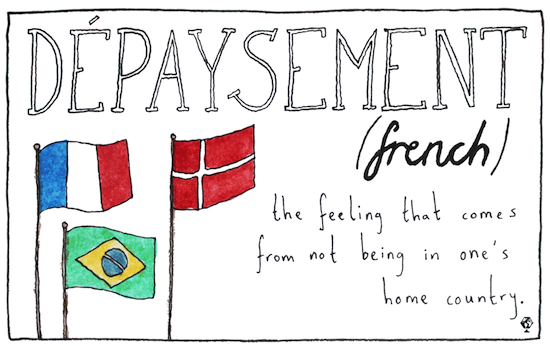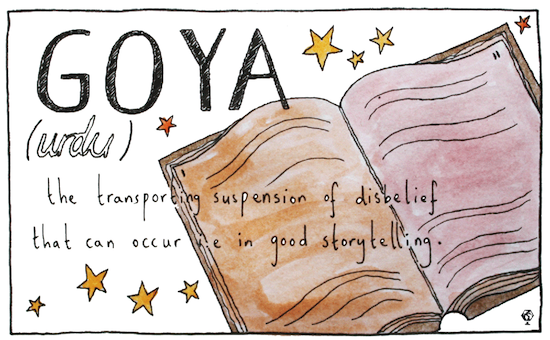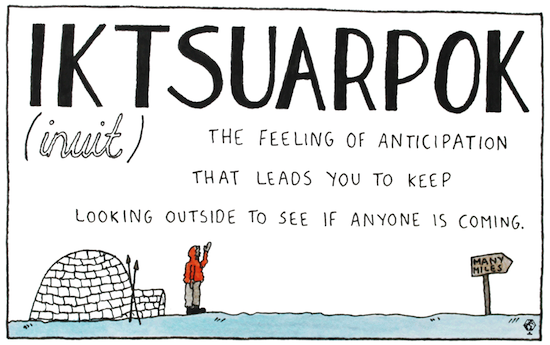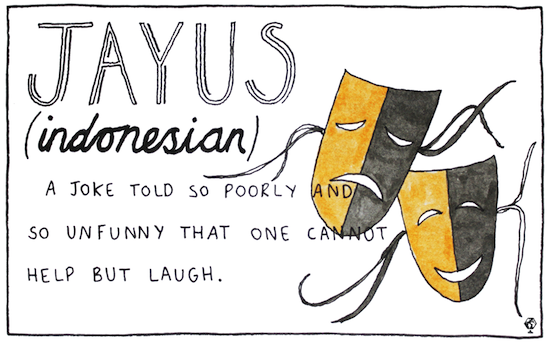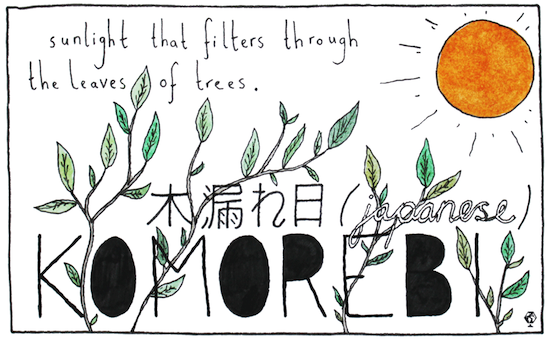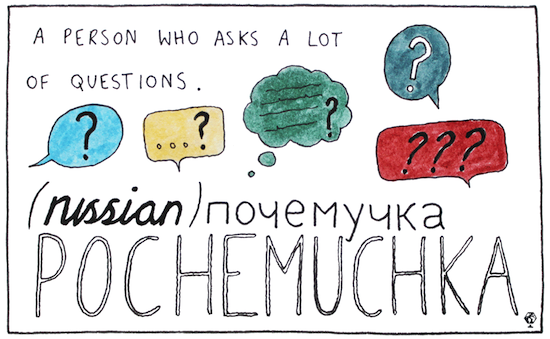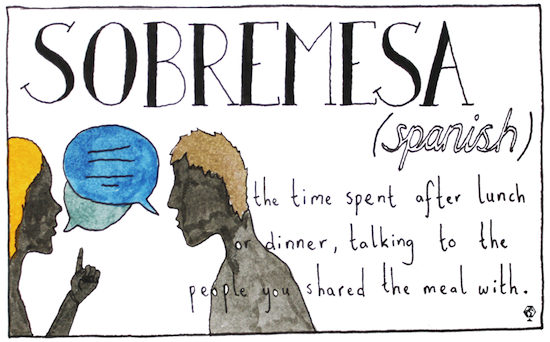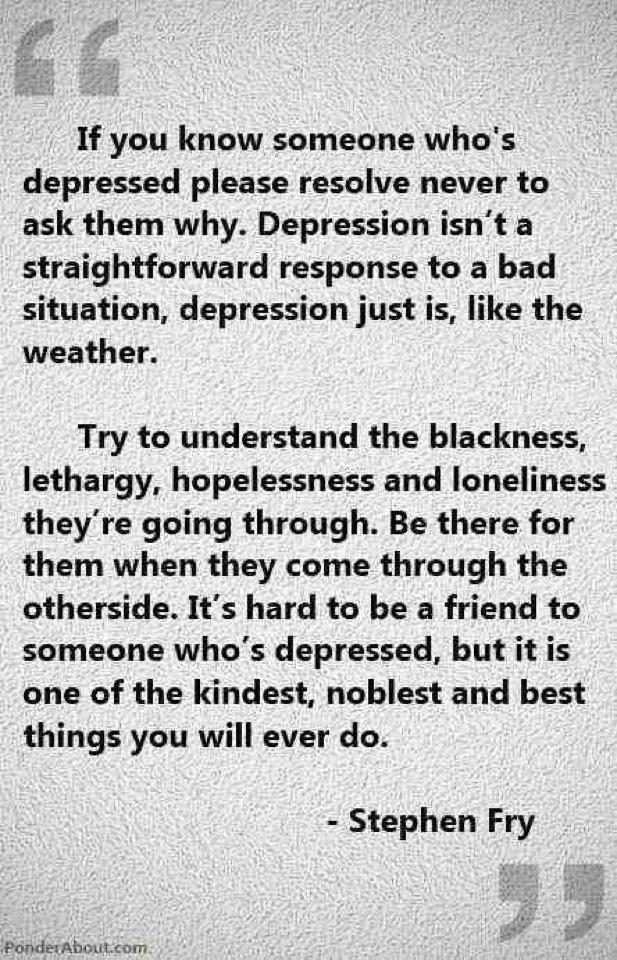I read an article, ’11 Untranslatable Words From Other Cultures’ that focused on a handful of words that are completely untranslatable into the English language without resorting to an entire phrase to replace one elegant word. Most of these words encapsulate a universal human experience that occurs in the English speaking world, but English simply does not have single words to represent these concepts.
Which immediately reminded me of a ridiculously long and equally obscure Inuit word which reflected a uniquely Inuit practice, but which was annoyingly eluded me and has been on the tip of my tongue for days. So I started to search for it… and instead I found a whole collection of other awesome, yet untranslatable, words from other languages. Naturally, through my research I have been unable to find the original Inuit word I was looking for.. :/
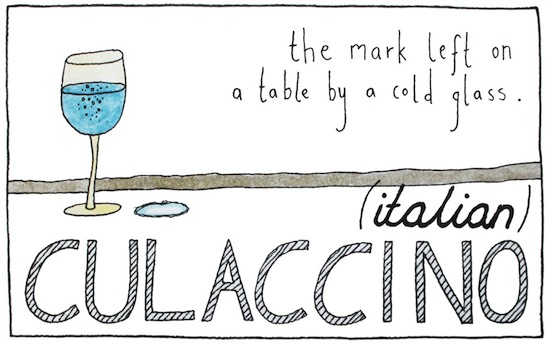
Mamihlapinatapei – Yagan (indigenous language of Tierra del Fuego) – “The wordless, yet meaningful look shared by two people who both desire to initiate something but are both reluctant to start.”
Donaldkacsázás – Hungarian – Literally translated as “Donald Ducking” but refers to the act of wandering around one’s house wearing a shirt and no trousers like the beloved Disney character.
Litost – Czech – The state of agony and torment created by the sudden sight of one’s own misery.
Drachenfutter – German – Literally, “dragon fodder,”. Refers to the gift German husbands bestow on their wives when they’re the doghouse, IE: have stayed out late or they have otherwise engaged in some kind of inappropriate behaviour.
Ya’aburnee – Arabic – Morbidly beautiful this word means “You bury me,” and is a declaration of one’s hope that they will die before another person, because of how difficult it would be to live without them.
Kyoikumama – Japanese – “A mother who relentlessly pushes her children toward academic achievement.”
Ponte – Italian – While it literally means “bridge,” this word also refers to the concept of taking an extra day off taken to make a national holiday falling on a Tuesday or Thursday, into a four-day vacation.
L’appel du vide – French – Literally, “the call of the void”, this French expression is used to describe the instinctive urge to jump from high places (not sure this one counts, it’s more a phrase).
Tartle – Scottish – The act of hesitating while introducing someone because you’ve forgotten their name.
Duende – Spanish – refers to the mysterious power that a work of art has to deeply move a person, though it was originally used to describe a sprite-like entity that possessed humans and creates the feeling of awe of one’s surroundings in nature.
Bakku-shan – Japanese – A woman that looks attractive from the rear but not from the front.
Ilunga – Tshiluba (Southwest Congo) – the willingness to forgive and forget any first abuse, tolerate a second abuse, but never forgive nor tolerate a third offence.
Dozywocie – Polish – Many cultures acknowledge this concept, but Polish sums it up in a single word, it refers to the parental contract with children that guarantees offspring lifelong support.
Saudade – Portuguese – this word refers to the feeling of longing for something or someone that you love and which is lost.
Prozvonit – Czech – The act of calling a mobile phone and letting it ring once so that the other person will call back, saving the first caller money.
Wom-ba – Persian – Describes the smile of a child as it sleeps.
Lingam – Sanskrit – Refers to the symbol of the erect penis or phallus used as an object of veneration and worship.
Takallouf – Urdu – Loosely translated as “formality,” it often refers to the prodigious amount of preparation put into hosting a tea or dinner. However, it also refers to a deeply ingrained social restraint so extreme, as to make it impossible for the victim to express what he or she really means.
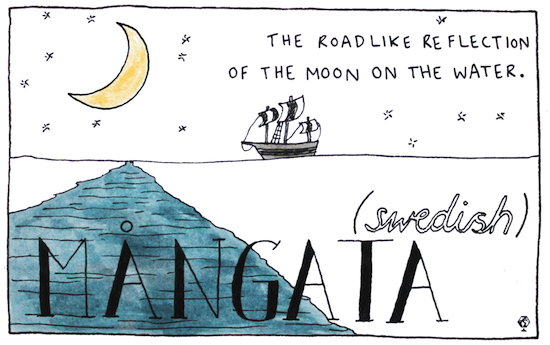
Torschlusspanik – German – Translated literally, it means “gate-closing panic,” but its contextual meaning actually refers to the fear of diminishing opportunities as one gets older.
Wabi (rhymes with Bobby) – Japanese – A flawed detail that allows the creation of an elegant whole.
Ayurnamat – Inuit – Roughly translates as the philosophy that there is no point in worrying about events that cannot be changed.
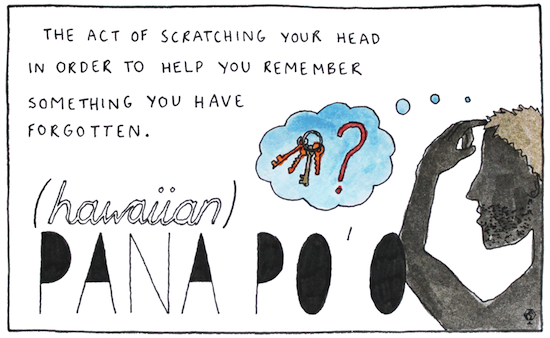
Cafuné – Brazilian Portuguese – Tenderly running one’s fingers through someone’s hair.
Treppenwitz – German – Literally “the wit of the staircase,” also known as that witty comeback that only occurs to you after you’ve left an argument you’ve lost. It’s a universal pain that most of us know all too well.
Gagung – Cantonese – Translates as “bare branches,” this word is used to talk about men who have little chance to get married or start families due to China’s one-child policy.
Tingo – Pascuense (Easter Island) – The act of taking objects one desires from the house of a friend by gradually borrowing all of them.
Frotteur – French – An individuals who get their rocks off by rubbing their crotches against the buttocks of women in crowds… classy.
Fremdschämen – German again – This is a word for the embarrassment one feels at watching someone else embarrass themselves, a sort of secondhand awkwardness.
Hyggelig – Danish – Difficult to translate, it gives connotations of a warm, friendly, cozy demeanor, but it’s unlikely that just these words truly capture the essence of a hyggelig; it’s something that must be experienced – think of good friends, cold beer, and a warm fire; to create intimacy.
Kokusaijin – Japanese – This has a literal translation as “an international person,” but refers only to Japanese people who have f0reign language skills and get along well with foreigners.
Chai-pani – Hindi-Urdu – While it literally means “tea and water,” this compound word is used to describe the money and favours given to someone, often a bureaucrat, to get things done. In English, the closest we have is “greasing someone’s palm.”
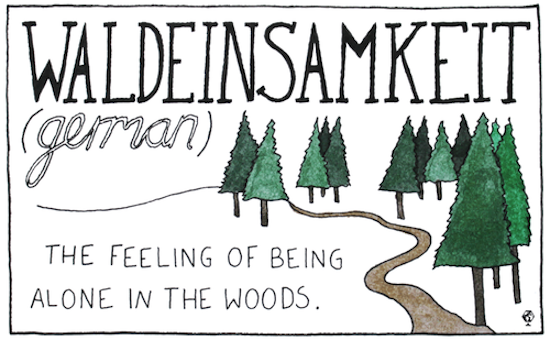 And last but not least… my favourite and yours:
And last but not least… my favourite and yours:
Schadenfreude – German – Quite famous for its meaning, such that it has been absored into other languages; this refers to the feeling of pleasure derived by seeing another’s misfortune. Think ‘Funniest Home Videos’.
UPDATE: (Thursday, 17th October, 10:41PM)
I found it! Bizarre words ahoy…
Aerodjarekput – Inuit – A term used for the act of swapping wives with another family for a few days to a week during the extended winter period. Also refers to a long standing, socially accepted practice of co-marriage or polygamy within traditional Inuit culture.
Huh. So what started out as 11 Untranslatable Words… has turned into 41 Untranslatable Words. The ridiculous stuff that sticks in your head, taking up valuable memory space…? :S

